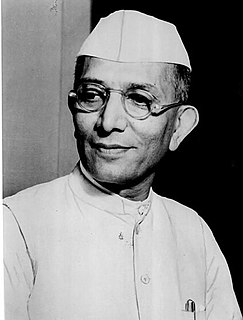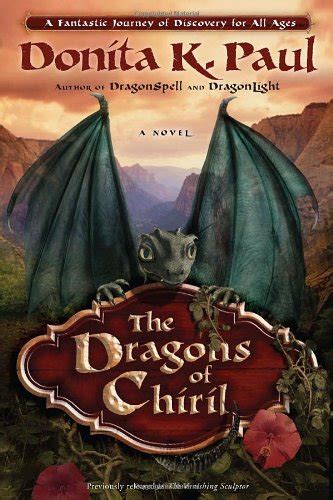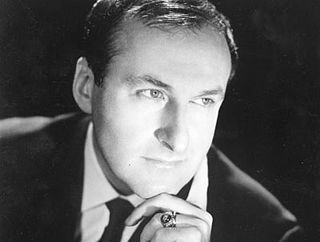A Quote by Morarji Desai
I do not want to go into its physical reasons: the construction of the human body is different from that of carnivorous animals. But man's intelligence is such that it can be utilised to defend any-thing he does, whether right or wrong.
Related Quotes
The problem is that for almost any feature of humanity that you can name, whether it's the ability to suffer, whether it's the capacity to reason, whether it's having lives that can go better or worse, there are at least some other non-human animals that have all of these features as well. So to exclude non-human animals from the range of moral concern but to include all humans, just seems morally arbitrary.
I do not see any reason why animals should be slaughtered to serve as human diet when there are so many substitutes. After all, man can live without meat. It is only some carnivorous animals that have to subsist on flesh. Killing animals for sport, for pleasure, for adventures, and for hides and furs is a phenomenon which is at once disgusting and distressing. There is no justification in indulging in such acts of brutality . . . Life is as dear to a mute creature as it is to a man. Just as one wants happiness and fears pain, just as one wants to live and not to die, so do other creatures.
No man treats a motorcar as foolishly as he treats another human being. When the car will not go, he does not attribute its annoying behavior to sin; he does not say, 'You are a wicked motorcar, and I shall not give you any more petrol until you go.' He attempts to find out what is wrong and to set it right.
Well, you know, in any novel you would hope that the hero has someone to push back against, and villains - I find the most interesting villains those who do the right things for the wrong reasons, or the wrong things for the right reasons. Either one is interesting. I love the gray area between right and wrong.
The intelligence displayed by many dumb animals approaches so closely to human intelligence that it is a mystery. The animals see and hear and love and fear and suffer. They use their organs far more faithfully than many human beings use theirs. They manifest sympathy and tenderness toward their companions in suffering. Many animals show an affection for those who have charge of them, far superior to the affection shown by some of the human race. They form attachments for man which are not broken without great suffering to them.
It has been an obsession of human beings to create a hierarchy that places the human species on top and lumps all the "other animals" together beneath us. The resulting "speciesism" allows us to look upon animals as less deserving of all manner of rights and considerations than humans. To support this lower status, humans have argued that animals act instinctually; don't have souls; don't feel physical pain like we do; and lack self-consciousness, cognitive intelligence, emotional feelings, morality, and ethics.
A ghost is a human being who has passed out of the physical body, usually in a traumatic state and is not aware usually of his true condition. We are all spirits encased in a physical body. At the time of passing, our spirit body continues into the next dimension. A ghost, on the other hand, due to trauma, is stuck in our physical world and needs to be released to go on.
A man's physical hunger does not prove that man will get any bread; he may die of starvation on a raft in the Atlantic. But surely a man's hunger does prove that he comes of a race which repairs its body by eating and inhabits a world where eatable substances exist. In the same way, though I do not believe (I wish I did) that my desire for Paradise proves that I shall enjoy it, I think it a pretty good indication that such a thing exists and that some men will.

































